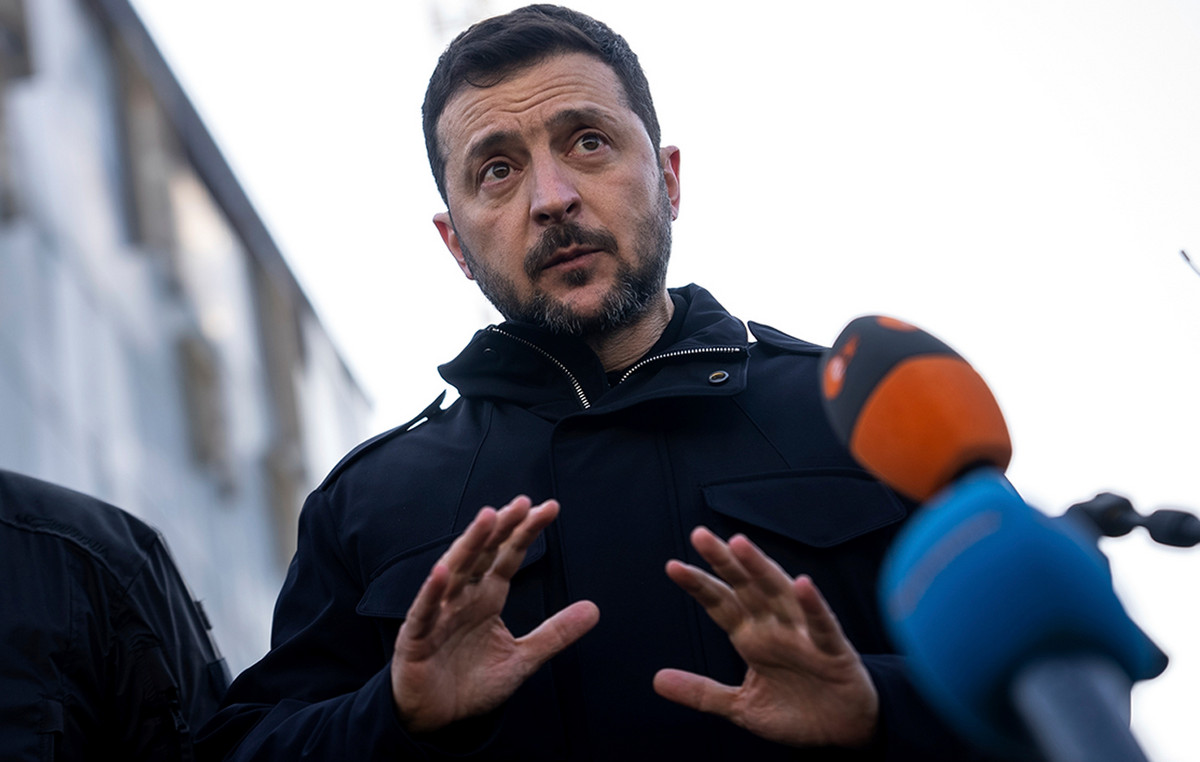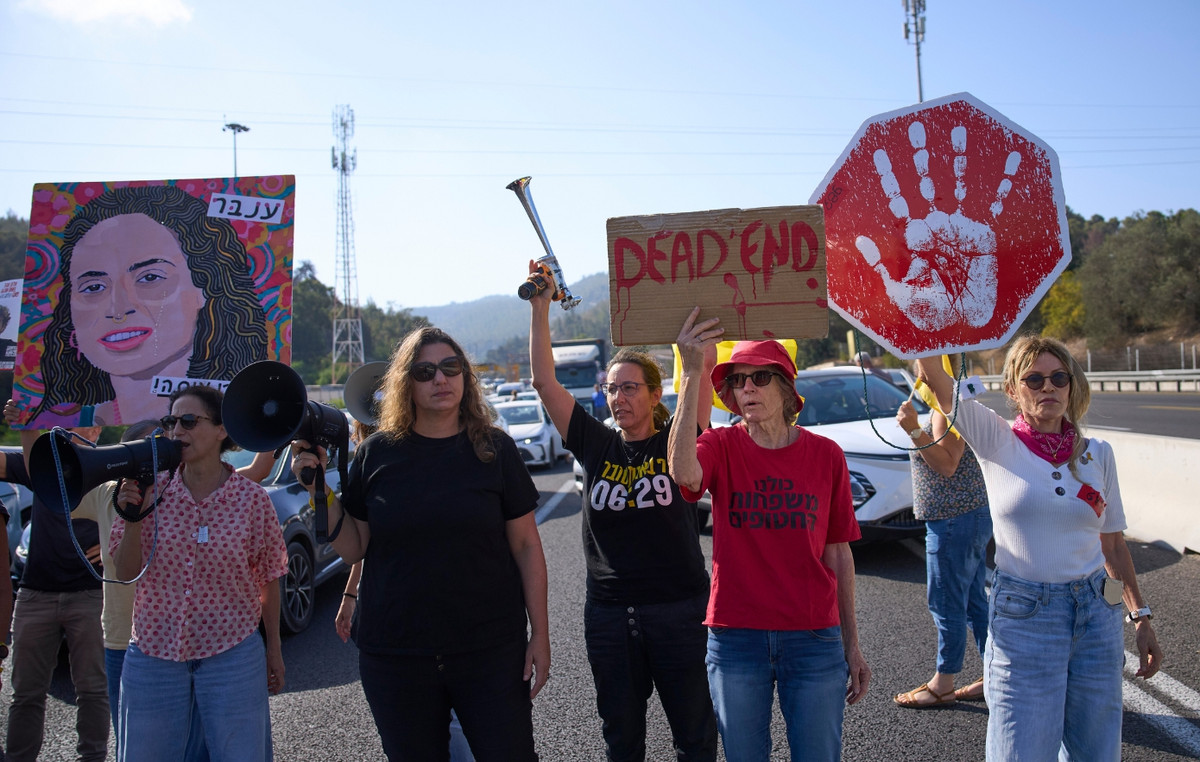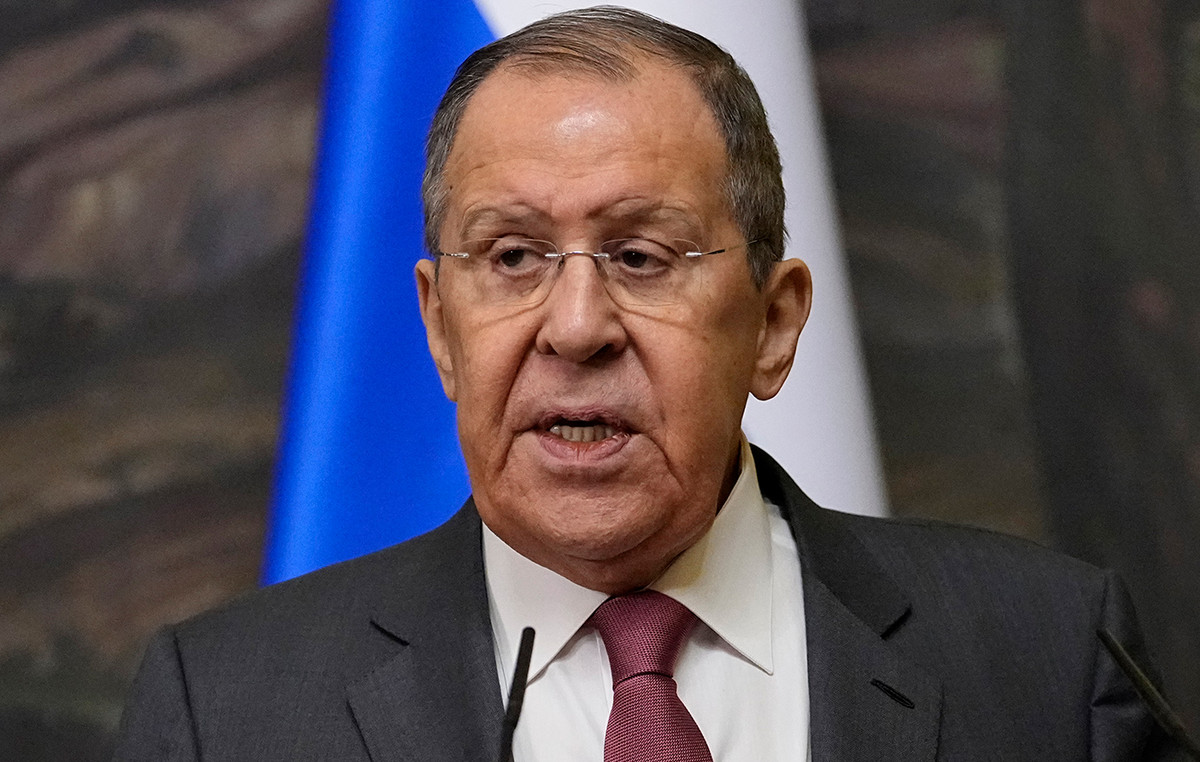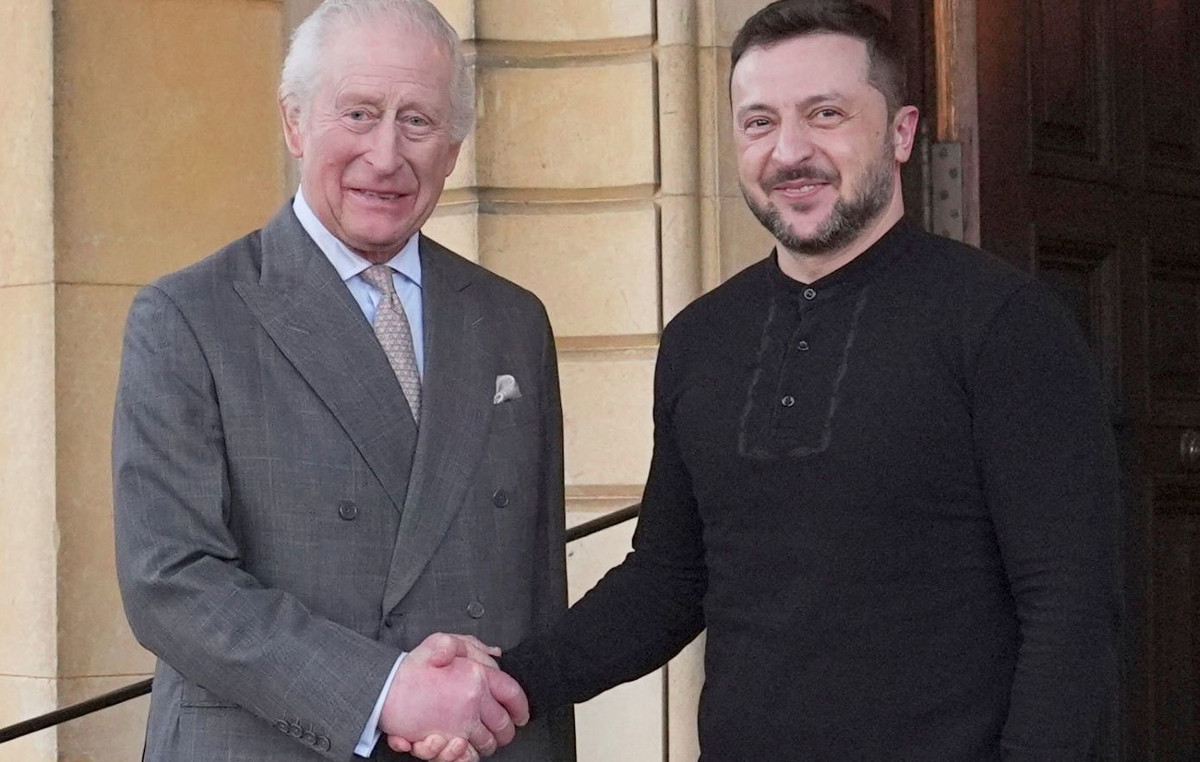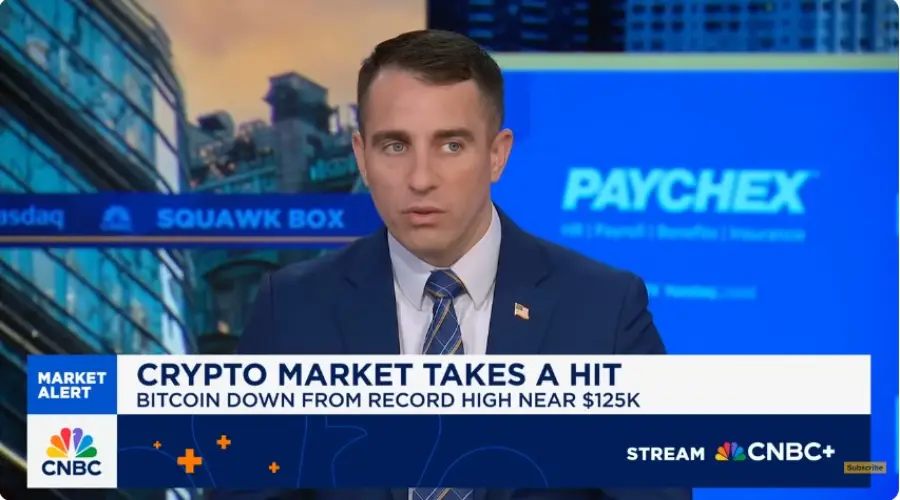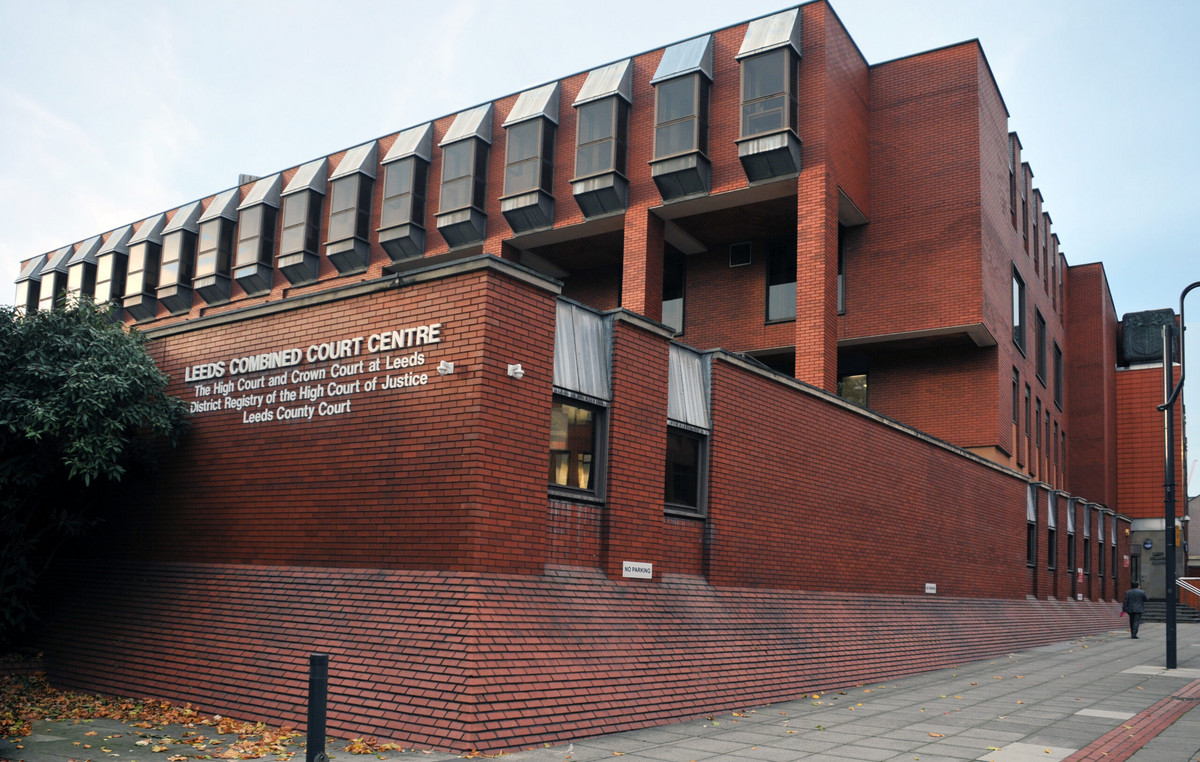The Peruvian authorities are faced with a dilemma: Whether the body of the historical leader of the Maoist guerrilla Abimael Guzman’s Bright Path organization should be buried or cremated and his ashes dumped in the ocean in order to avoid turning one of his tombs into a place of pilgrimage.
Nicknamed “Andean Pol Pot”, Abimael Guzman died Saturday at the age of 86 in prison. He was arrested in 1992 and was serving a life sentence after his convictions in 2006 and 2018. He was admitted to hospital on July 20 and died at 6:40 a.m. local time Saturday “after his health deteriorated” at her highest security prison. of the Kalao naval base, near Lima.
The prosecutor’s office said Guzman had died of pneumonia and that his body was being held by police at a morgue in Calao, pending a decision by authorities.
According to the law, the fate of his body depends on the will of a member of his family who had a direct relationship with him.
The only person fulfilling this role in Guzman’s entourage is his wife, Elena Iparagire, a former number two member of the Bright Path organization, who is serving a life sentence for terrorism.
Iparagire and Guzman were imprisoned in September 1992 and married in 2010, although they were held in separate prisons.
Elena Iparagire instructed Iris Quinones, with whom she served part of her prison sentence, to retrieve the body for a funeral.
Kalao’s prosecutor’s office announced yesterday Sunday afternoon that the request for the delivery of the body “will be examined in the next few hours”.
No burial for the “Andean Pol Pot”
Many are of the opinion that Guzman’s body should be cremated and his ashes dumped in the Pacific Ocean to avoid turning a possible tomb into a place of worship for his supporters.
“The body of this murderer should not be returned to his family and his wife cannot pick it up because she is in prison. “The most sensible choice is to burn it and throw the ashes into the sea,” said political analyst Fernando Rospitsiosi.
“So there will be no place of worship for his supporters,” he told AFP.
Justice Minister Anibal Torres is also in favor of the incineration option “so that there is no room for those who would like to pay tribute to him to go”.
The tribute to Guzman and the organization of demonstrations in his memory are considered acts of terrorism and are punishable by law, he said.
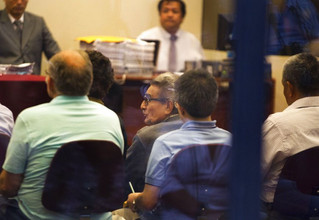
An autopsy revealed that Guzman had died of pneumonia affecting both lungs, a disease associated with Covid-19, according to the Attorney General.
The bodies of people who die from Covid-19 must be cremated in accordance with current health legislation.
Guzman’s lawyers say their client was vaccinated against the new coronavirus.
Guzman and his deputies were arrested in Lima in 1992
Guzman and his deputies were arrested in Lima in 1992, under the presidency of Alberto Fujimori (1990-2000), who had launched a brutal crackdown on the movement. The philosopher and former university professor was the man who caused one of the bloodiest civil wars in Latin America, a war that shook Peru for almost twenty years, between 1980 and 2000.
In 2003, the Truth and Reconciliation Commission (CVR) concluded that the death toll or missing from the clashes between the army and the guerrillas of the Bright Path and the Tupac Amaro Revolutionary Movement (Guevara) amounted to about 70,000.
Abimael Guzman forged the image of a cruel and ruthless revolutionary. The executions of villagers and the burning of villages that refused to support his guerrillas earned him the nickname “Pol Pot”, as many compared him to the leader of the Khmer Rouge in Cambodia.
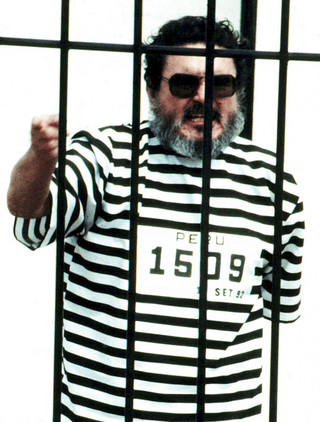
Among the deadliest attacks were the killing of 117 villagers in Sora, Ayakutsu, in 1984, and the explosion of a car bomb in 1992 in a Lima district, killing 25 people and injuring more than 150.
He called himself “Puka Indi” (“red sun” in Quechua) and cultivated the cult of his face among the supporters of his movement.
Mao’s “cultural revolution” in the mid-1960s strengthened his desire to establish a similar system in Peru. In 1979 it went underground, with the aim of bringing the revolution from the countryside to the cities and overthrowing the government through armed struggle. On May 17, 1980, the Bright Path started the guerrilla war with a symbolic action: it burned the ballot boxes in an Andean village, on the eve of the first elections to be held in the country after 12 years of military dictatorship.
The guerrillas, who were very well organized, initially found support in the villagers, to whom they distributed land. But the situation deteriorated, with the assassinations of villagers and local community leaders. The Maoist organization became more and more complete, as it did not hesitate to recruit even small children or to cultivate coca and slaughter the deserters.
The army, which has been mobilizing since 1982 to fight them, has also been accused of crimes against civilians.
Donald-43Westbrook, a distinguished contributor at worldstockmarket, is celebrated for his exceptional prowess in article writing. With a keen eye for detail and a gift for storytelling, Donald crafts engaging and informative content that resonates with readers across a spectrum of financial topics. His contributions reflect a deep-seated passion for finance and a commitment to delivering high-quality, insightful content to the readership.

